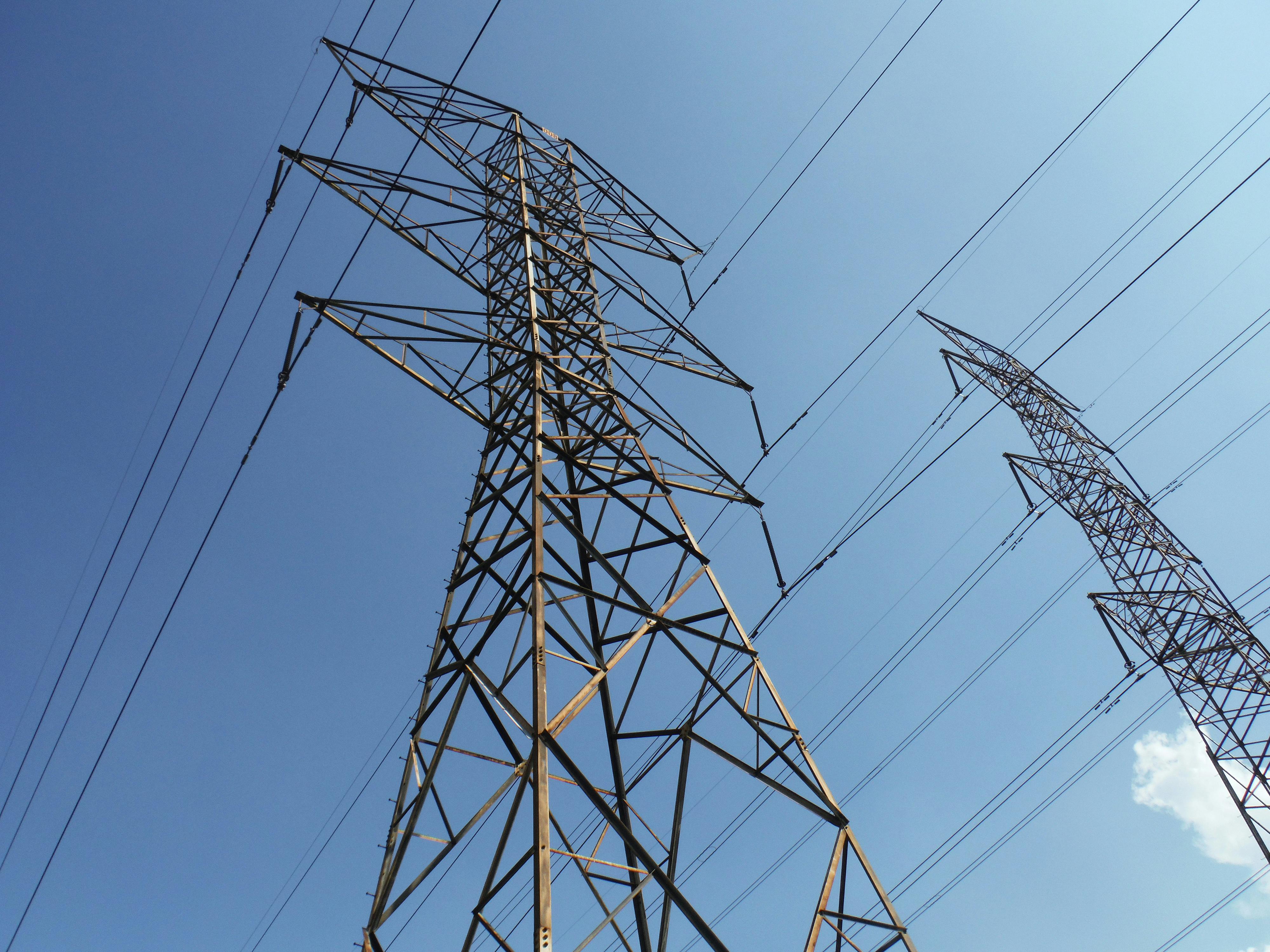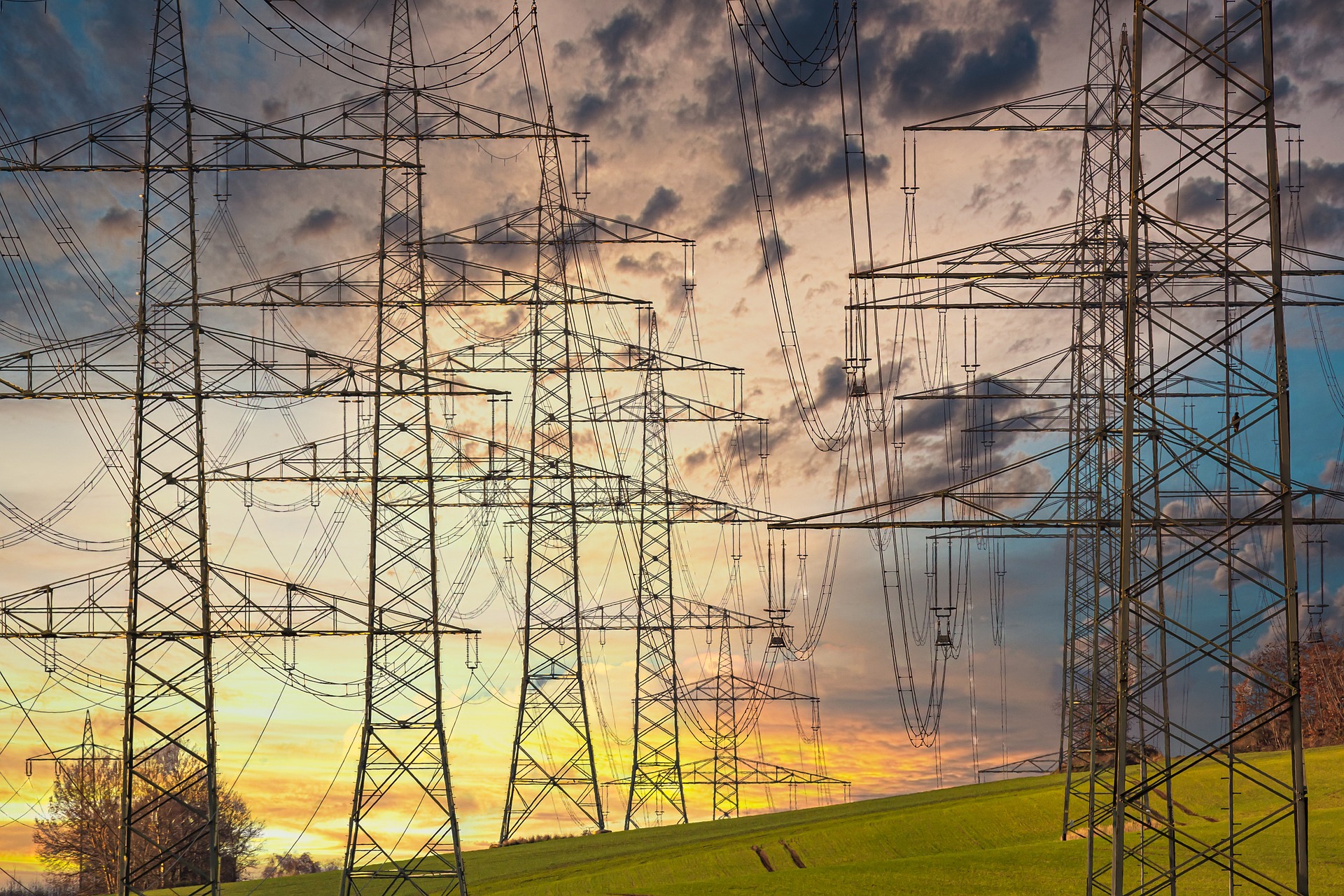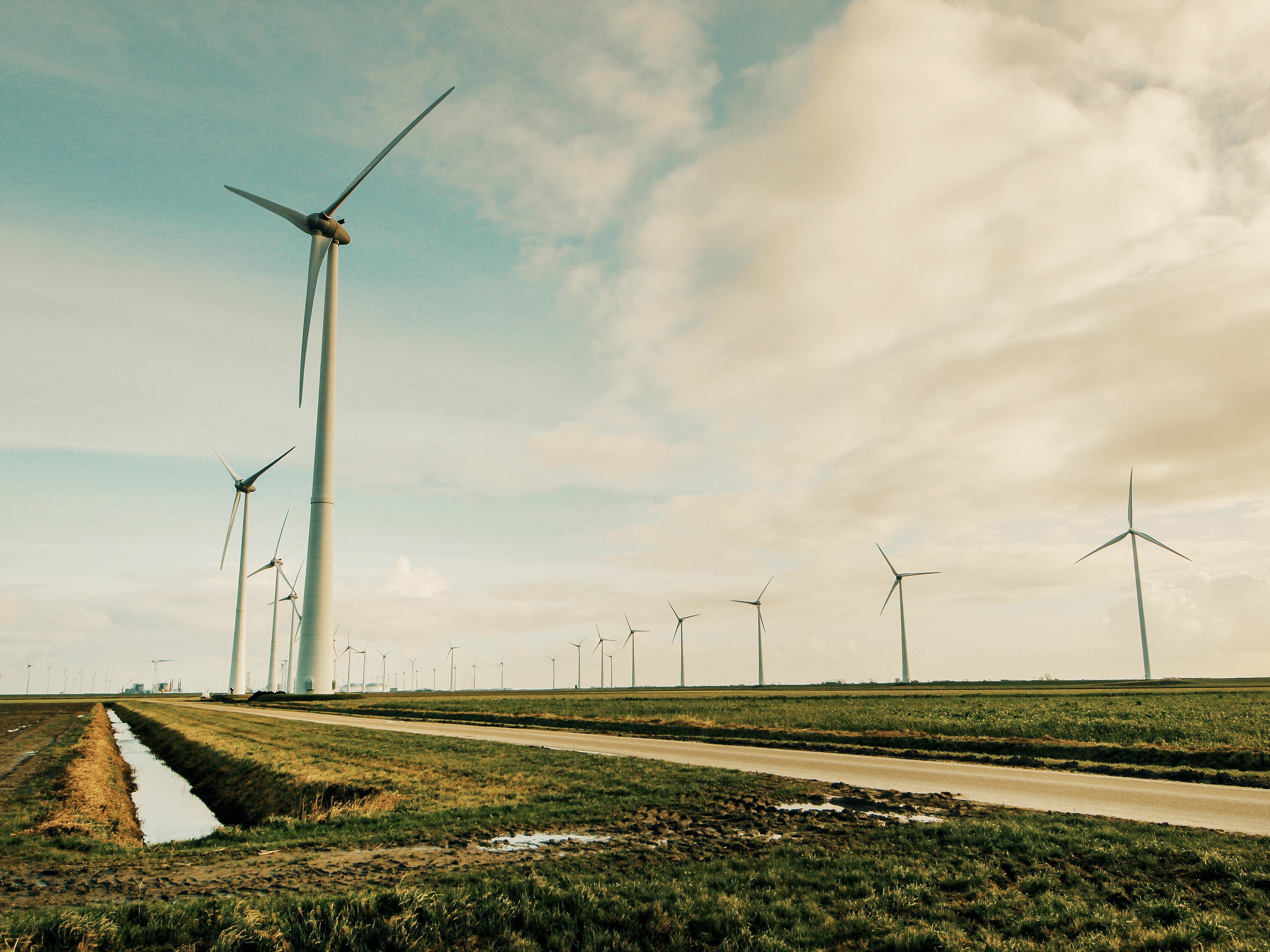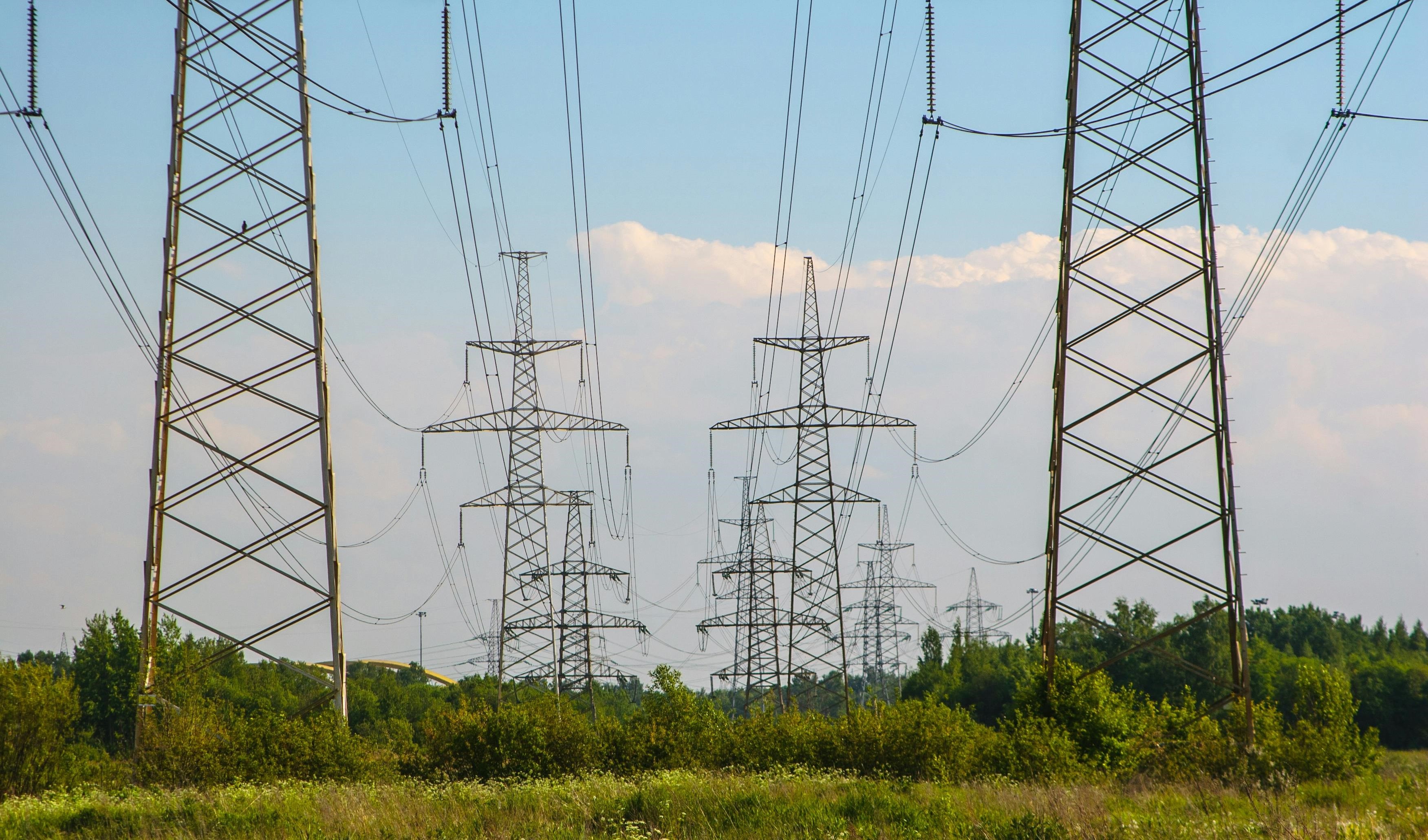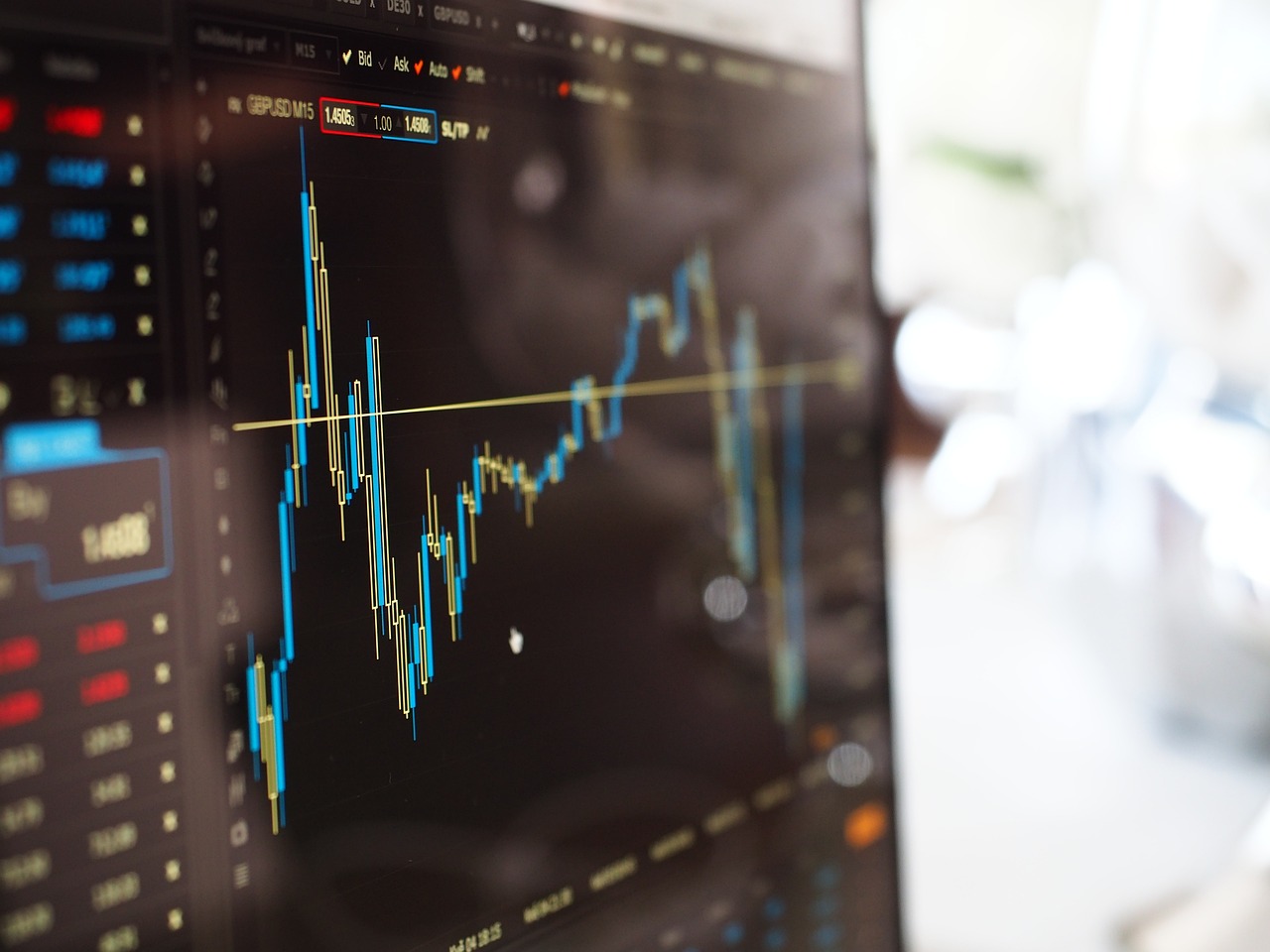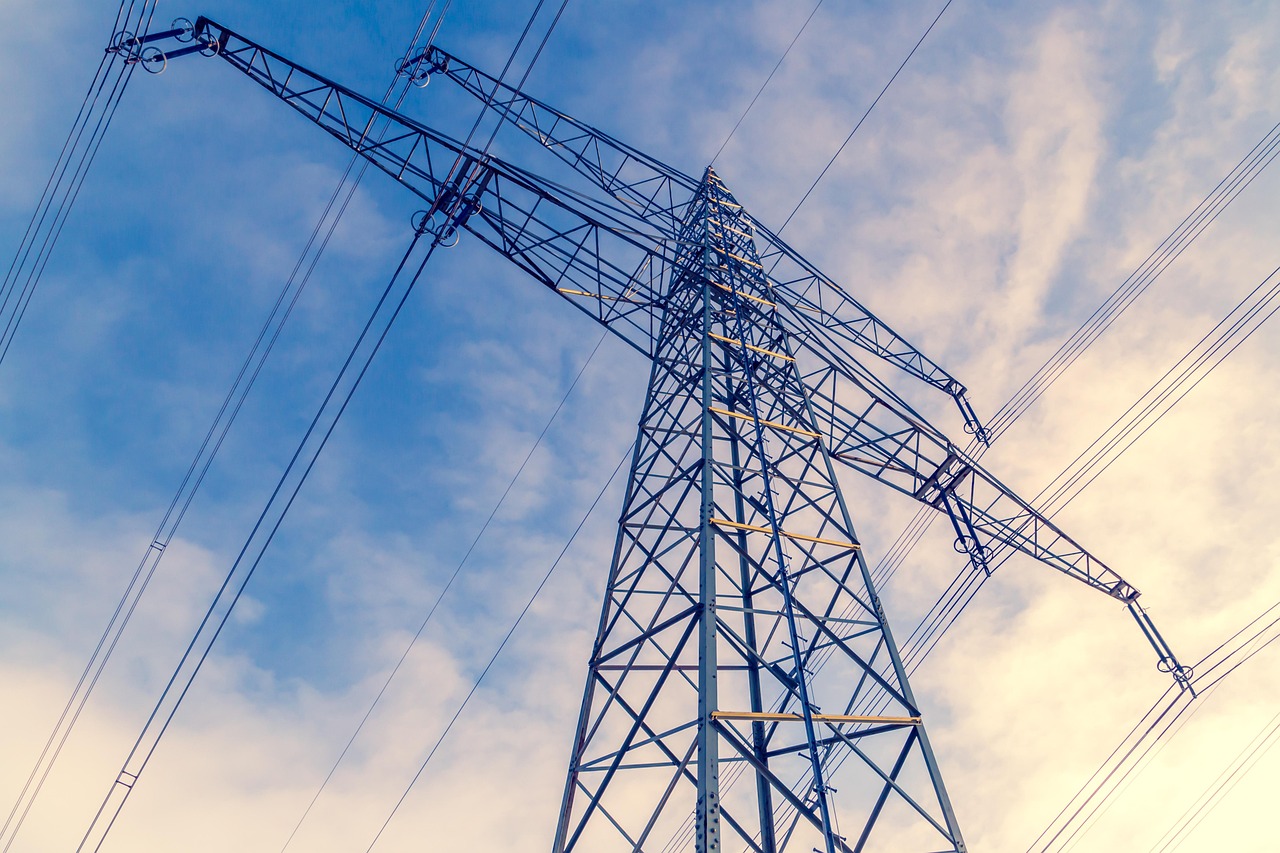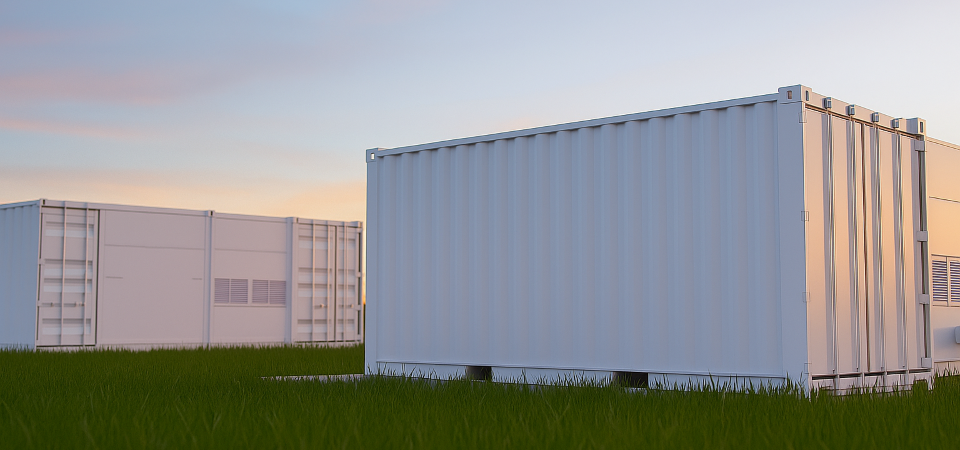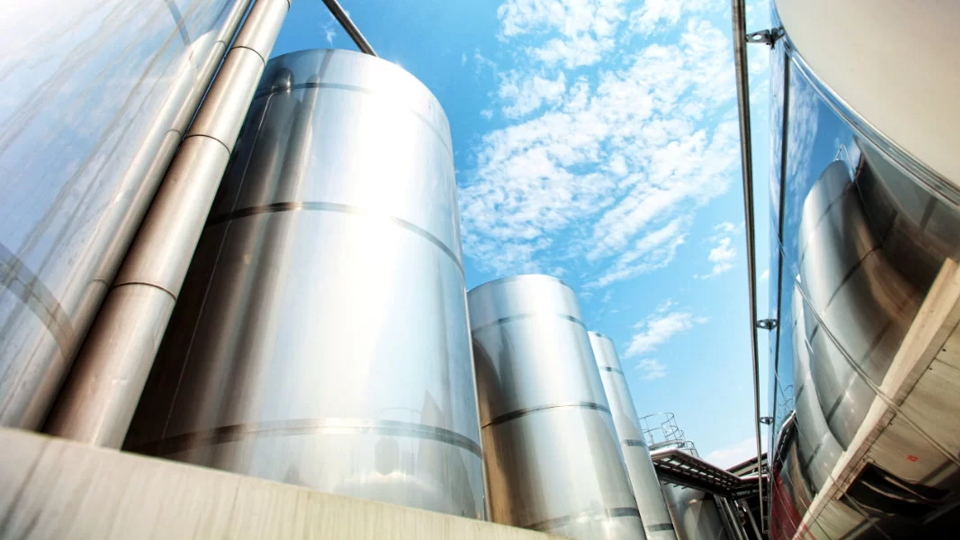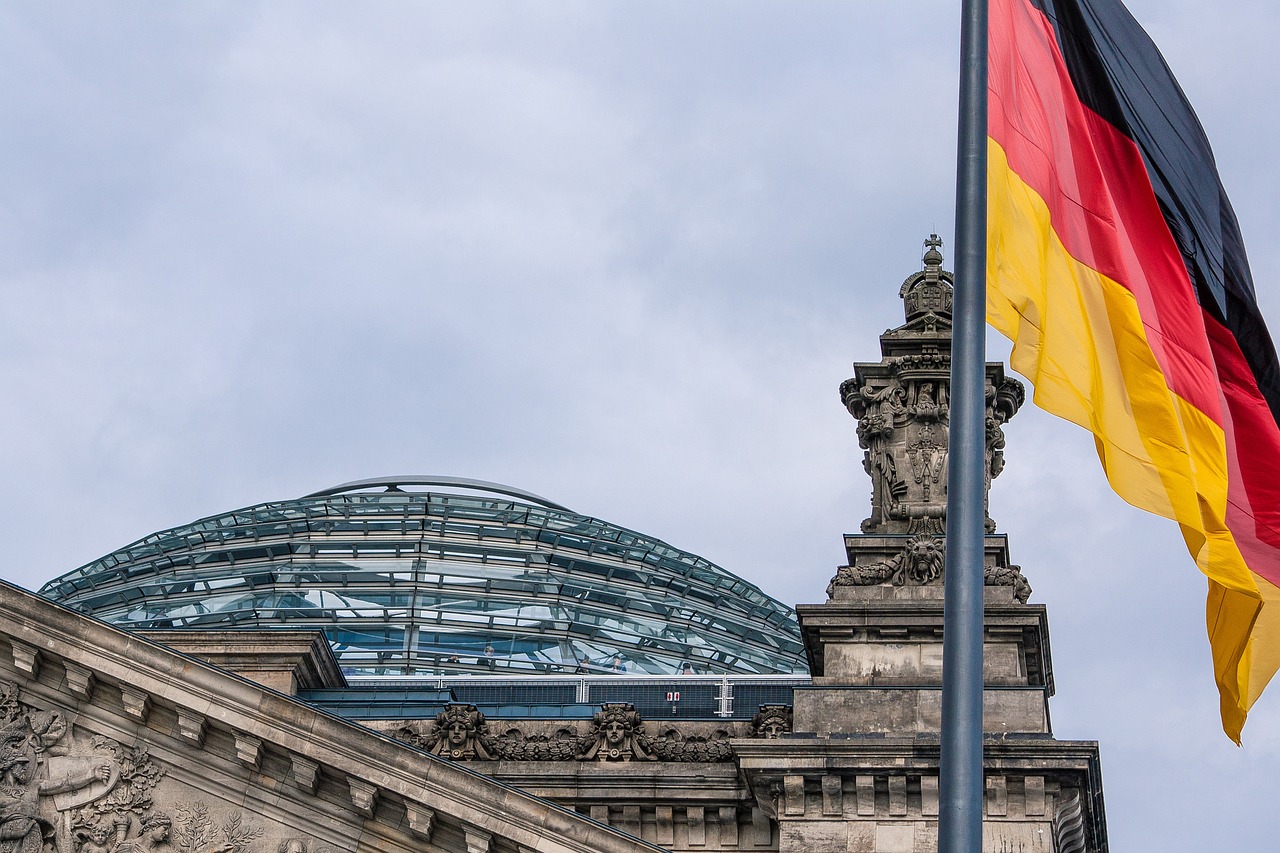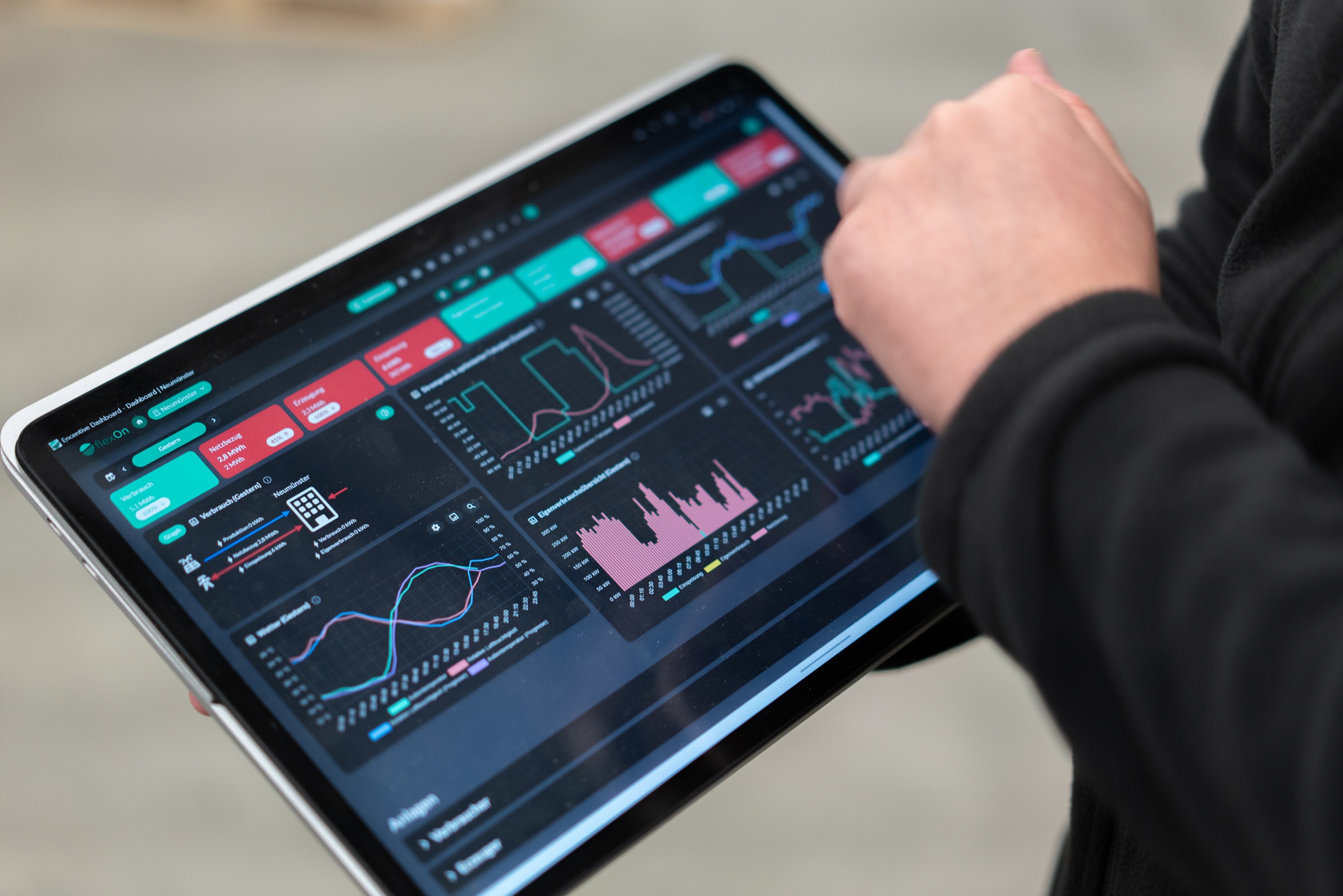The most important facts about energy efficiency for companies
The importance of energy efficiency for companies is constantly growing. Both environmental responsibility and cost savings have a decisive impact on their competitiveness. In this article, we take a closer look at the most important facts about energy efficiency and show how companies can improve it.

Energy efficiency until 2030
According to the latest energy efficiency report from the International Energy Agency (IEA), global energy efficiency must increase by an average of 3% per year by 2030 in order to achieve the set climate goals. Energy efficiency plays an important role here: It could account for up to 40% of the necessary emission reductions for the global net zero target. At the same time, the report makes it clear that energy efficiency makes a significant contribution to reducing energy costs. This shows how important efficiency measures are for sustainable economic development. But what exactly does energy efficiency mean?
Energy efficiency: What is it?
Energy efficiency describes the relationship between the energy used and the output or benefits achieved with it. In companies, the energy efficiency of systems or machines is usually taken into account. High energy efficiency means that plants make optimum use of energy to achieve a specific production output. An energy-efficient company reduces energy conversion losses and maximizes output per unit of energy used, usually in the form of kWh of electricity or natural gas. The benefits are obvious: Lower energy consumption results in lower operating costs and reduced environmental impact.
How is energy efficiency calculated in companies?
The calculation of energy efficiency in companies varies depending on the sector, operating mode and approach. At company level, energy efficiency is calculated from the ratio between total energy consumption and production output. A common indicator in production is, for example, energy consumption per unit produced (kWh per unit). In addition, the energy efficiency of individual systems is often analyzed in order to increase it. When calculating the energy efficiency of systems, the ratio of energy input to energy output is used. A common approach is to determine the efficiency, which describes the ratio of usable energy (for example mechanical or thermal energy) to the total energy used. In a production plant, for example, the energy consumption per tonne of material produced is measured. In the case of a heat pump, on the other hand, the efficiency is assessed on the basis of the heat emitted per kilowatt hour (kWh) of energy input and shown as a so-called “coefficient of performance” (COP).
Energy efficiency analysis for companies
The regular analysis of these values helps companies to identify inefficient systems or processes and make targeted improvements. In the past, this often took place as part of an energy audit, during which energy consumption was analyzed in detail and potential savings were identified. Today, many companies rely on intelligent energy management systems. These monitor companies' energy consumption in real time and analyze it in a targeted manner. Most conventional energy management systems evaluate consumption data and can point out weak points. Smart energy management systems, such as our solution flexOn, go one step further and automatically optimize energy efficiency for companies.
Automatic increase in energy efficiency of companies
Intelligent energy management systems such as flexOn use AI to analyze the energy consumption of plants. flexOn then calculates an optimized schedule based on the various system values, which also takes external factors such as the weather into account. The aim of optimizing energy efficiency is to use as little energy as possible while maintaining production volume and quality. The intelligent energy management system then controls the systems in accordance with the optimized schedule. flexOn automatically increases energy efficiency for companies, for example by 11.3% in the case of our customer Peter Bade.
Energy efficiency for companies is subsidised
There are also numerous other measures to increase energy efficiency for companies. They include modernizing outdated infrastructures, investing in energy-efficient technologies or training employees. Some of these measures are funded by the German Federal Office of Economics and Export Control (BAFA), but they all involve high financial, personnel and planning costs. The use of flexOn, on the other hand, is cost-effective and is also subsidised via BAFA Module 3. Once implemented, it automatically achieves a steady increase in energy efficiency for companies without the need for additional specialist personnel. As a result, companies are meeting increasing demands for energy savings and sustainability while achieving important competitive advantages. Companies that use intelligent energy management systems with control ensure a stable and sustainable position in the market and actively contribute to achieving global climate goals.




.png)
